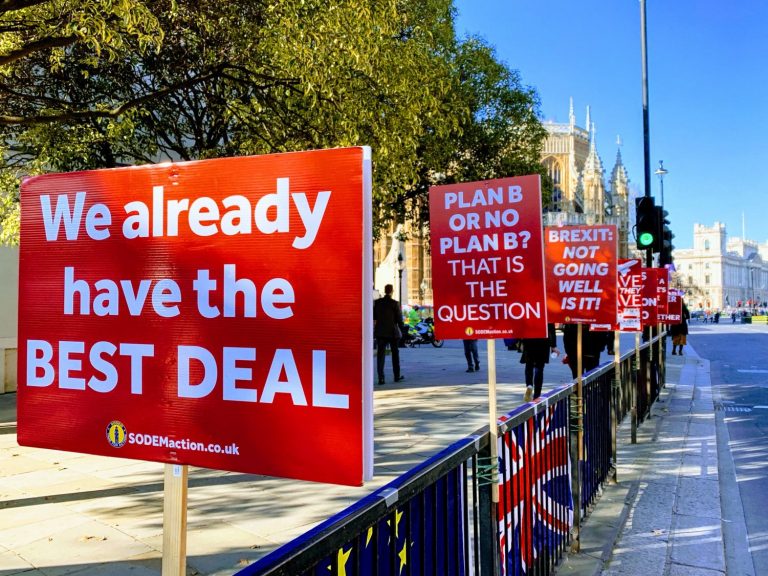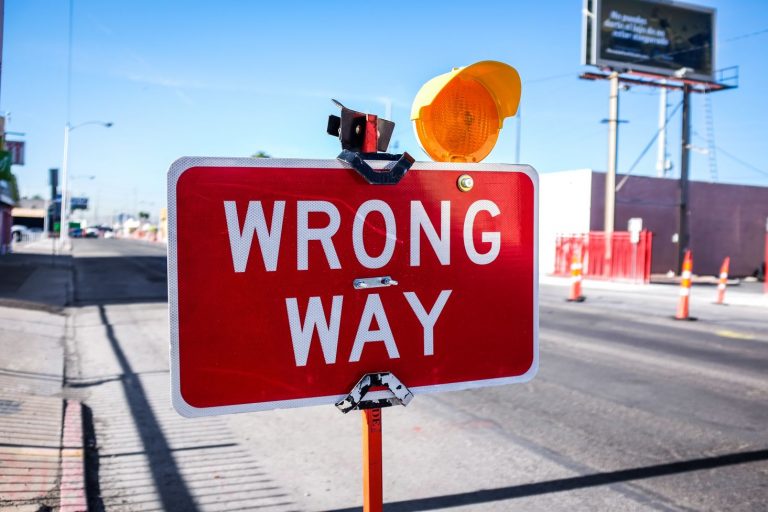Seven steps to better negotiating
A well-negotiated outcome should be beautiful: something that both parties are proud to talk about publicly. However, too many people see negotiations as an adversarial contest: I win you lose! Some see themselves as deal makers – “take it or leave it” types – hard and unrelenting. The problem with this approach is that the outcomes are never as good as those where each party seeks a result that’s in both of their interests. The adversarial deal often looks good at the outset but unravels with time.

Most organisations can handle 95% of their negotiations, but for the 5% that get tough, organisations need a proper strategy. Brexit is a perfect example of how bad it can get. These seven themes will help create better-negotiated outcomes.
Do your homework

Negotiation expert Brian Tracy says, “preparation accounts for 90% of negotiating success”. Never walk into a negotiation unprepared. The more you know about your interests and those of the person you’re negotiating with, the better the result will be for both parties. It’s also worth rehearsing the line you’re going to take with a colleague – you can’t over prepare.
Understand your objectives

A negotiation should never be about just one possible outcome. Think through what you want – and the alternatives.
What can’t you give up or not afford to lose? These are the ‘Red Lines’.
However, you will have other interests that, if they guaranteed one of your Red Lines, you might be prepared to trade. These are your Amber demands.
Finally, it would help if you had some green requests: bargaining chips that you can afford to give away.
In the case of Brexit, the UK Government triggered Article 50 before it understood what kind of departure from the EU it wanted. The red, amber and green demands have been obscure. As a result, it has been unclear to both sides on how to negotiate the unknown.
Focus on interests, not positions

You will both have interests. Some may be mutually exclusive, but others may align. In the words of Dr James Alvarez, business specialist and erstwhile hostage negotiator, “People are not against you, they are for themselves”.
You may have come across “The Project Management Triangle” which states that customers can have two of Good, Quick or Cheap, but not all three. In some negotiations, then, if you want cheap, time and quality will need to be the focus of the negotiation. Understanding your counterpart’s interests will enable you to create mutual benefit, and this will lead to a better deal.
In the Brexit negotiations, the EU and the UK haven’t been able to find common ground, despite having so many common interests. By focusing on their starting positions (something which politics, foolishly, often focuses on whereas business does not), both sides failed to see what they had in common.
Separate the people from the problem

Sometimes things become heated. In fact, some suggest that finding the optimal deal means you must bump up against your counterpart’s Red Lines confrontationally, just to find out where they are.
However, the goal is not to “win,” but to reach a better understanding of each party’s concerns. Try to understand their issues through smart questions and listening well. Matthias Schranner of the Schranner Negotiation Institute suggests that negotiators should “never pick up the bloody ear”. In other words, don’t acknowledge threats or unreasonable demands said in the heat of the moment.
Generate Options for mutual benefit

The need for compromise can obscure the fact that several deals may be possible.
Try not to make just one offer, and similarly, don’t settle for the first apparent agreement. The best negotiators work together to see if they can find other better outcomes for both parties beyond any initial deal.
By exploring new options, both sides gain a better understanding of each other – and better choices can surface. In one of the most significant transactions ever done by Microsoft with the National Health Service, a change in the NHS needs for Anti Virus Software (not provided by Microsoft) during the negotiation, enabled the NHS to save £20M and Microsoft to add £10M to the overall agreement – a win for both sides.
Constant questions keep the negotiation open and drive understanding which can lead to new ideas which, even if they don’t create whole new deals, will prevent the negotiation from falling into a binary “deal or no deal” scenario.
Use objective criteria

If you’re negotiating for price, its good to know the baseline. For salary negotiations, it’s useful to see the average for the job; for a property, the average house prices in the street; or for a bulk product, the wholesale price of the base commodity.
The aim is to be realistic (rather than foolishly high or low) in your negotiation and to bring evidence to support your offer. Many retailers recognise this and, as in the case of John Lewis Partners, will reduce the price of an item if the customer can show that the same item is available elsewhere for a lower price.
Coming to the table with supporting facts strengthens your case and endorses your position.
The best alternative to a negotiated agreement (BATNA)

If you can’t agree terms, make sure you have something to fall back on. For example, when negotiating to buy a house, it helps to have the option to rent. Or when negotiating a price, it helps to have an alternative provider in mind. Choice enables you to play a stronger hand.
Your BATNA is your backstop. You don’t have to declare your BATNA – your confidence in your negotiating position will communicate its presence. But a BATNA does have to be credible.
The UK BATNA for Brexit seems to be a ‘no deal’ crash out. It doesn’t sound like a better option: if the UK had a range of tariffs, barriers and easements ready to go, then ‘no deal’ might look more convincing. As it is, the UK Government still has no idea of what it wants from Brexit, sadly, only what it doesn’t want.
Finally… some danger signs in any negotiation

Harvard’s PON Blog points out three warning signs of a negotiation going off the rails: One side keeps arguing the same point over and over, slowing progress and preventing forward movement.
When discussing problematic areas, the conversation gets personal instead of focusing on issues.
Similarly, emotions flaring. Donald Tusk, for example, suggesting a special place in hell for some UK politicians, is a sure sign of failing discourse.

There is no such thing as a born negotiator. It is a set of skills that can be learned and must be practised and refined.
These themes show that a great negotiator prepares well, focuses on their communication skills and listens to the needs of the other side. They are not binary in their approach and know that it’s not personal.
Some of these skills can be quantitatively and qualitatively tested; and as a result, a few organisations assess these skill levels before training individuals to become senior negotiators.
A great negotiator can achieve better outcomes than the untrained deal-maker. It’s an essential enough subject for Harvard University to provide several negotiation courses in their Business and Law schools.

